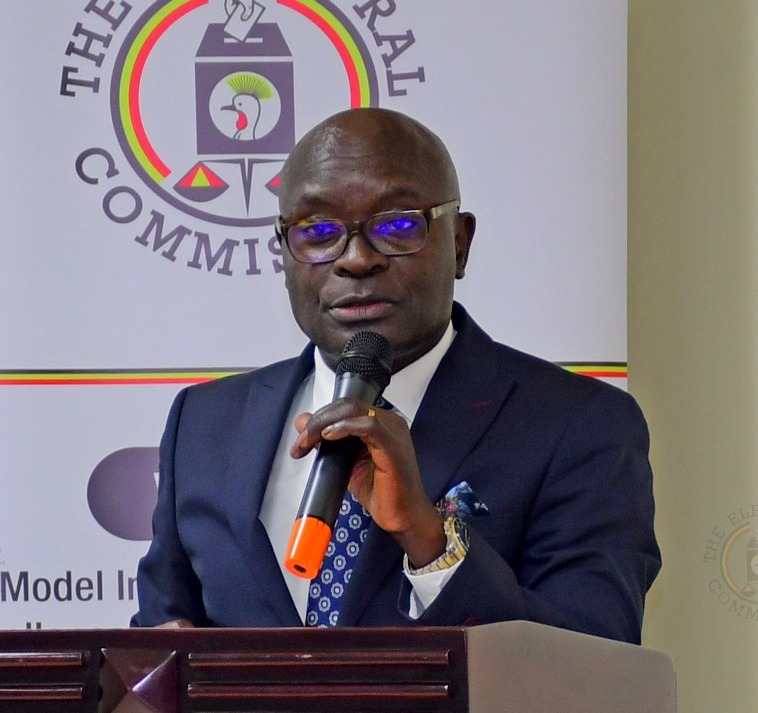LABOUR DAY: Know the history and significance
For Uganda, this year’s theme is “Improving Access to Labour Justice: A prerequisite for increased productivity” and the celebrations will be held at Makabura grounds-St Leo’s College, Fort Portal.

May 1st is celebrated as International Workers Day all over the world. It is a day that acknowledges the contribution of all the workers, no matter the circumstances, that brought the country’s might, abundance, and success.
History of Labour Day
It all began when people became fed up with the long working hours they had to face. While the working conditions were nowhere near accommodating the proper needs of the workers, the hours remained no less than 12 hours, 6 days a week for men, women, and children.
These hours were often spent in poorly ventilated and cramped spaces by the people. When things did not improve even decades after the Civil War, workers decided to strike and organised what is now said to be the first labour day parade on September 5, 1882.
Thousands of labourers took unpaid leave and marched with their fellow workers. They celebrated the day by enjoying picnics, speeches, fireworks and dancing. The day was a significant turning point for labour unions and general workers who had been hoping for better work conditions after the hardships of the economic crisis.
Events that led to reforms
However, the following year 1886 a tragic event unfolded bringing the issue to the forefront and leaving no space to be ignored by the officials. On May 1, 1886, many workers took to the streets of Chicago to demand an 8-hour workday. This incident is famously called the Haymarket incident.
The peaceful protest went on for a few days until a bomb was set off on the 4th of May, killing seven police officers and eight civilians. This event inspired socialists to meet in Paris and announce the day to be known as International Workers Day. This day has continued to inspire people to stand up to unfair working conditions and serves as a reminder for people to value their work and realize they are as dependent on you for work as you are on them to provide you with a livelihood.
This day has continued to serve as a reminder and that is exactly what the workers of Pullman Palace Car Company, who were responsible for making the rail cars for Chicago, had done. They protested the 16-hour workday and fair wages. This caused the rail traffic across the country to be crippled. The protest brought changes when the ARU joined the forces (American Railway Union). President Cleaveland was forced to make Labour Day an official holiday and following that he also signed off on forcefully ending the boycott, which led to the angry crowd rioting. This caused the National Guard troops to open fire on the mob, killing dozens of people.
Significance of Labour Day
These efforts were not in vain, however, slowly but surely, the big corporations started listening to their workers. What they realized was that getting more hours put in was not helping their productivity and was detrimental to the workers. What this protest brought to light was the rights of a worker.
They are working to sustain themselves, but overworking is making the chances for workplace injuries too high. Now with the hours reduced the next thing to tackle was the fair hourly rate which was increased by Henry Ford by more than double to 5 Dollars in 1914, and to the surprise of all the competitors, their profits doubled within 2 years. The fair hourly rate and hours helped the workers reach their work potential. He even cut the hours of work from 9 to 8 hours a day in 1926.
In 1936, the Fair Labour Standards Act implemented a few very important things, such as limiting child labour, setting a minimum wage, making work weeks smaller, along with overtime pay for longer hours of work. But the protests were not all that made these things possible. In attempts to discontinue or discourage workers from going on strike, major political leaders were arrested. For example, after the Haymarket incident, labour organisation leaders and other radicals were rounded up in Chicago.
International Labour Day Theme 2024
Labour has many different aspects to it. So, to ensure that all of those aspects get enough recognition, every year there is a different theme for International Labour Day.
For Uganda, this year’s theme is “Improving Access to Labour Justice: A prerequisite for increased productivity” and the celebrations will be held at Makabura grounds-St Leo’s College, Fort Portal.
The guest of honor will be President Yoweri Museveni.
According to the Minister of Gender,Labour and Social Development Betty Among, this year’s Labour Day theme resonates with the fact that access to labour justice and promotion of occupational safety and health is a fundamental human right, essential for maintaining a fair and equitable labour market, protecting workers from exploitation.
“It is, therefore, important that workers have access to fair & effective mechanisms for resolving disputes and grievances in the workplace, which in turn contributes to increased productivity, safety & health of workers, contributing to social-economic growth,” she said.







